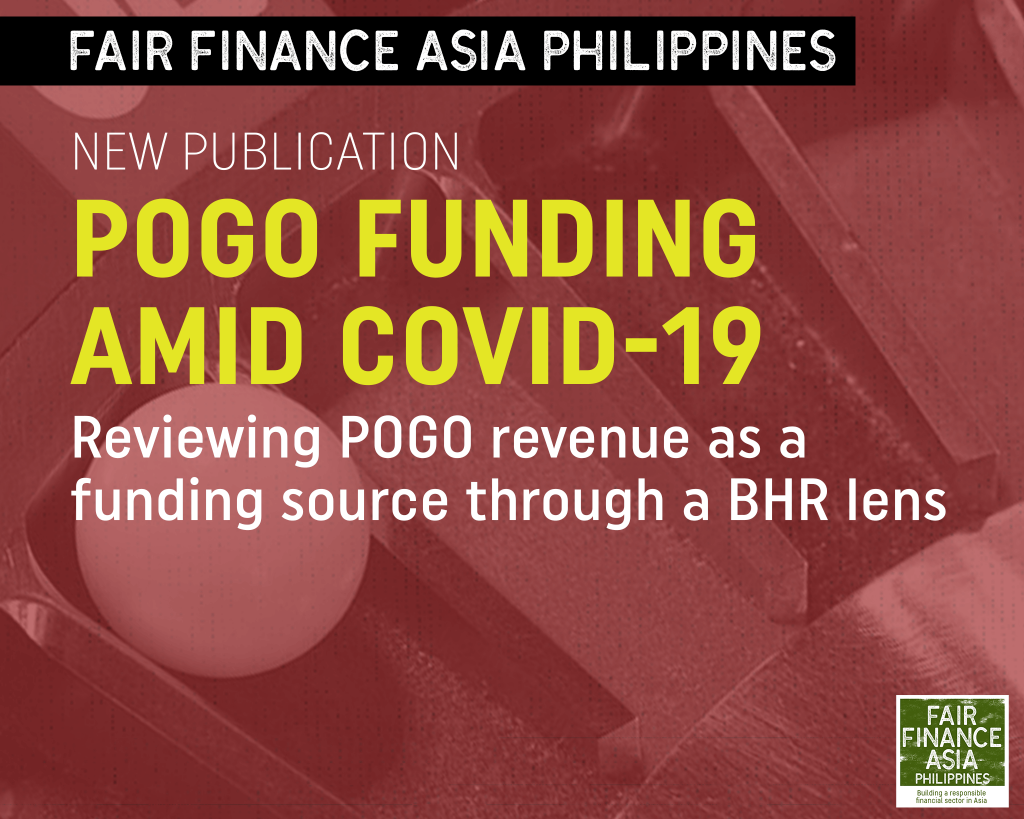
Reviewing POGO revenue as a funding source through a BHR lens
The Philippine government has consistently defended the legality and continued operations of Philippine Offshore Gaming Operators (POGOs) despite calls for their shutdown from Filipino citizens and the Chinese government.
Since 2016, the government has also consistently cited billions in economic gains from licensing revenues, taxes and job creation as their primary reason for enabling POGOs to thrive in the Philippines.
Fast-forward to 2020, the entire world is ravaged by the coronavirus19 (COVID19) pandemic which resulted in lockdowns and community quarantines that crippled economies and drew heavily on government funds for emergency response.
The Philippines, having one of the strictest lockdowns in the world, virtually shut down it’s economy in the hopes of controlling the pandemic by decreeing that only essential industries and businesses can operate during lockdown. Controversially, on 1 May 2020, the government declared that POGOs are classified as essential business (BPOs) and can thus partially continue operations. Justifying this statement, officials reasoned that POGO revenue is a vital funding source for COVID19 response.
This paper will look at the issues regarding POGO revenue as funding sources for COVID19 response through the lens of the United Nations Guiding Principles (UNGP) on Business and Human Rights (BHR).
This paper will also briefly discuss how POGO fits into the Philippine context prior to the COVID19 pandemic to have a deeper understanding of why Filipinos have such a visceral reaction and rejection to POGOs.